In the realm of psychology and personal growth, conflict is inevitable. Everyone reacts differently to it, and the Enneagram offers insight into how each personality type responds to tension. This article delves into the nine Enneagram types and their specific attitudes towards conflict, highlighting natural tendencies, potential weaknesses, and solutions for more effective conflict management.
Conflict and the Enneagram: Why Understand Different Conflict Management Styles?
How we handle conflict is closely tied to our personality traits. Some aim to avoid tension, while others prefer to confront it head-on. Understanding your Enneagram type—and that of others—can help you defuse tension and adapt your approach to meet the emotional and psychological needs of everyone involved.
Type 1: The Perfectionist – Pursuit of Justice and Fairness
Enneagram Type 1 individuals strive for a world where rules and standards are respected. When they feel unfairly criticized or witness a violation of their values, they may become rigid. Criticism, whether self-inflicted or directed at others, often plays a central role in their conflicts.
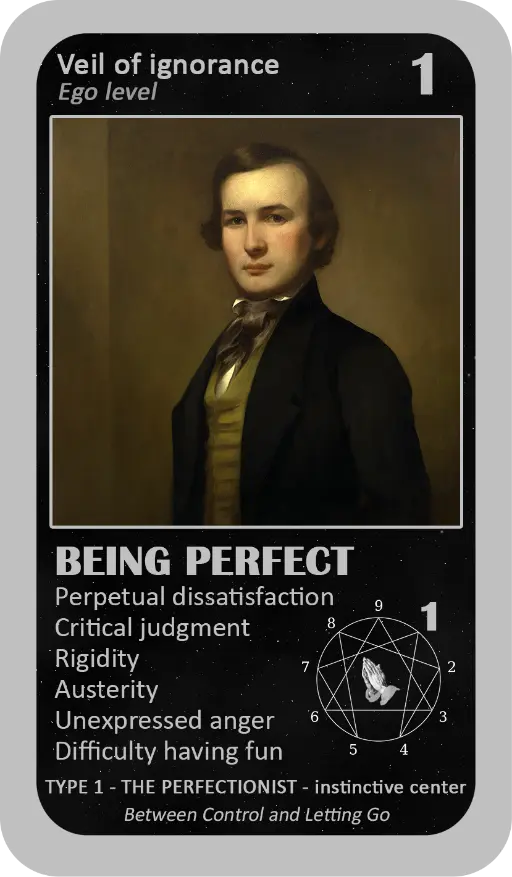
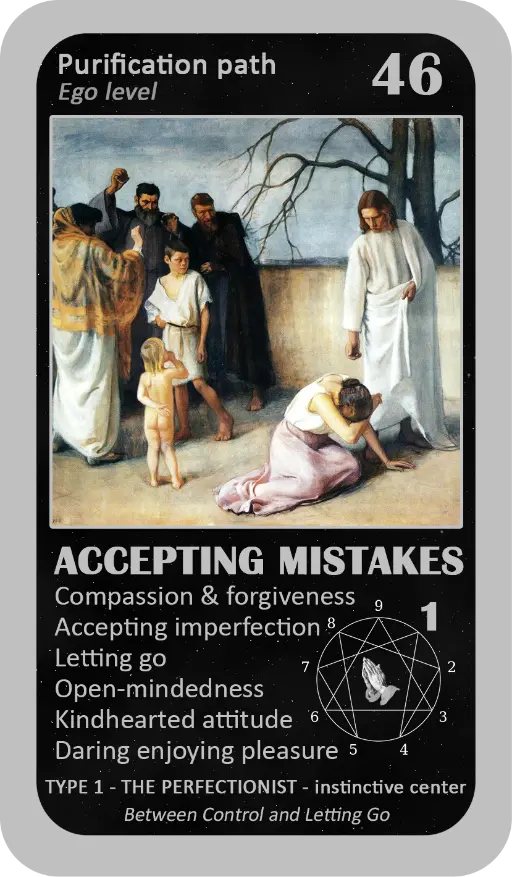
Conflict Tendencies: Type 1s seek to correct mistakes, which can come across as judgmental or inflexible.
Growth Strategy: Type 1s should work on letting go and accepting imperfections - both their own and others' - to cultivate a more flexible approach.
Tips for Easing Type 1: Encourage them to express concerns without feeling they must “correct” others. Patience and an understanding of their altruistic motivations are key.
Type 2: The Helper – Conflict Around Loyalty and Appreciation
Type 2s are often warm and eager to please. However, they can experience conflict when they feel unappreciated or taken for granted.
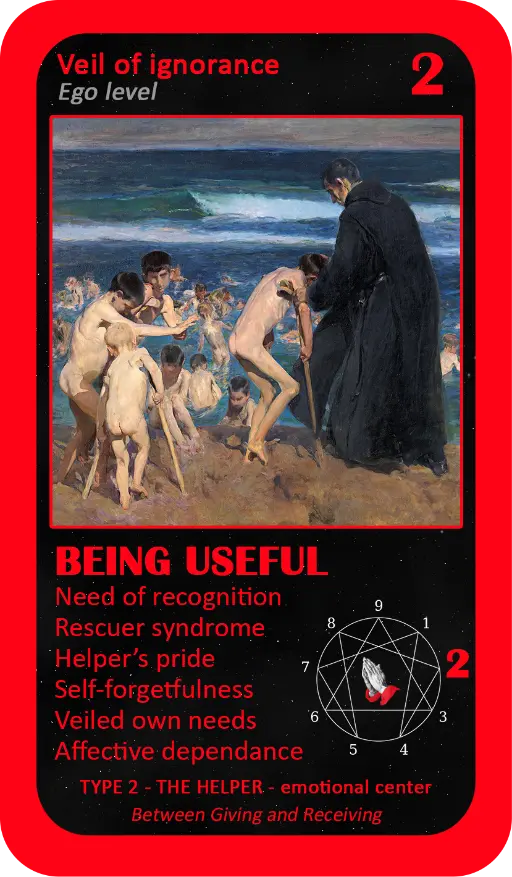

Conflict Tendencies: Emotional and devoted, Type 2s may feel hurt if they sense a break in the bonds they work hard to create.
Growth Strategy: By setting clear boundaries and honoring their own needs, Type 2s can avoid emotional burnout and manage conflict with more detachment.
Tips for Easing Type 2: Recognize their efforts and express appreciation. Acknowledgment and attentive listening help them open up without overreacting.
Type 3: The Achiever – Conflict Around Success and Image
Goal-oriented Type 3s may be prone to conflict when they perceive competition or their skills are questioned.
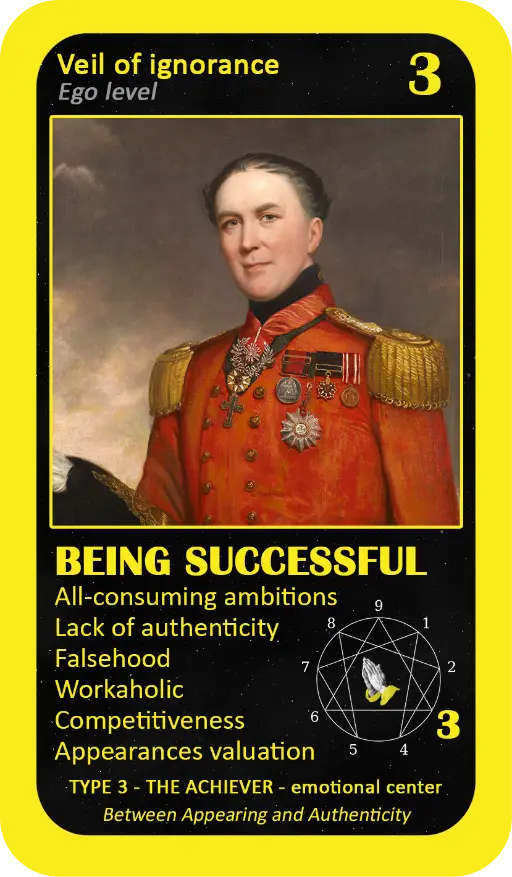
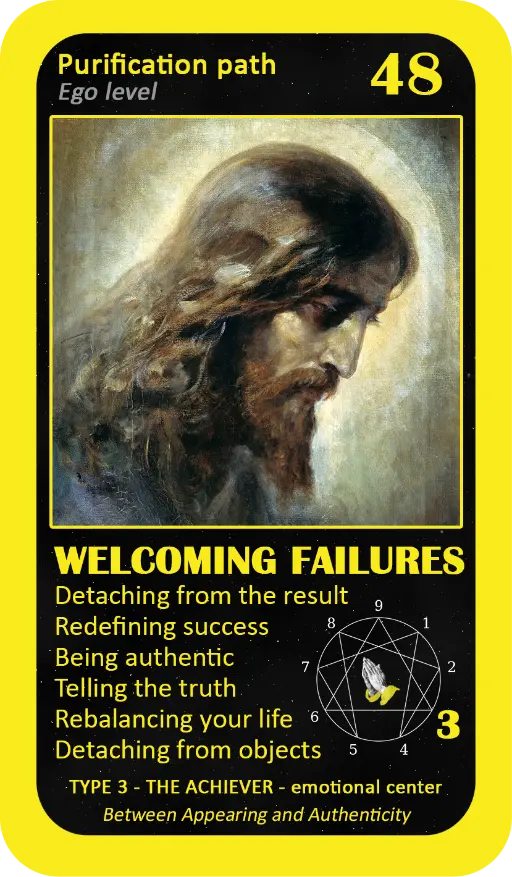
Conflict Tendencies: They fiercely defend against criticism that might threaten their image or accomplishments.
Growth Strategy: By embracing self-worth beyond their achievements, Type 3s can develop less competitive and more genuine relationships.
Tips for Easing Type 3: Provide constructive feedback that highlights their achievements while offering areas for improvement.
Type 4: The Individualist – Conflict Related to Authenticity and Emotions
Deeply connected to their emotions and desire for uniqueness, Type 4s can experience conflict when their feelings or identity are challenged.
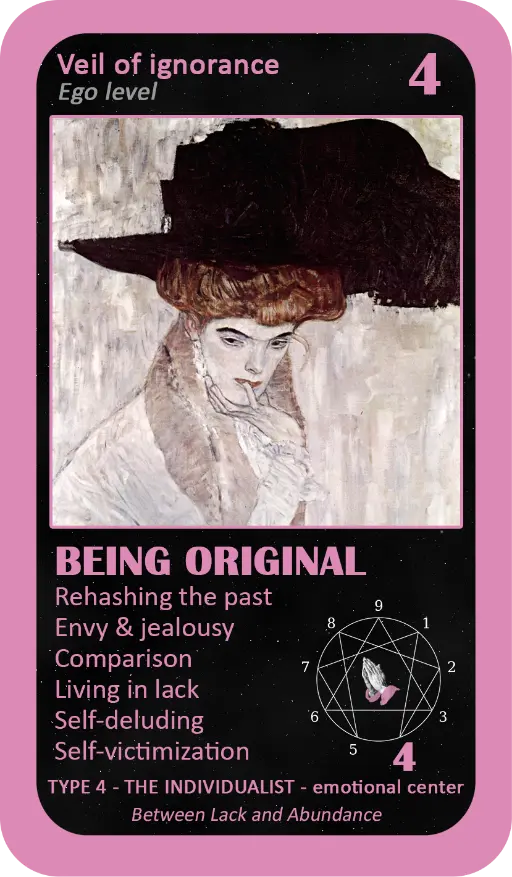
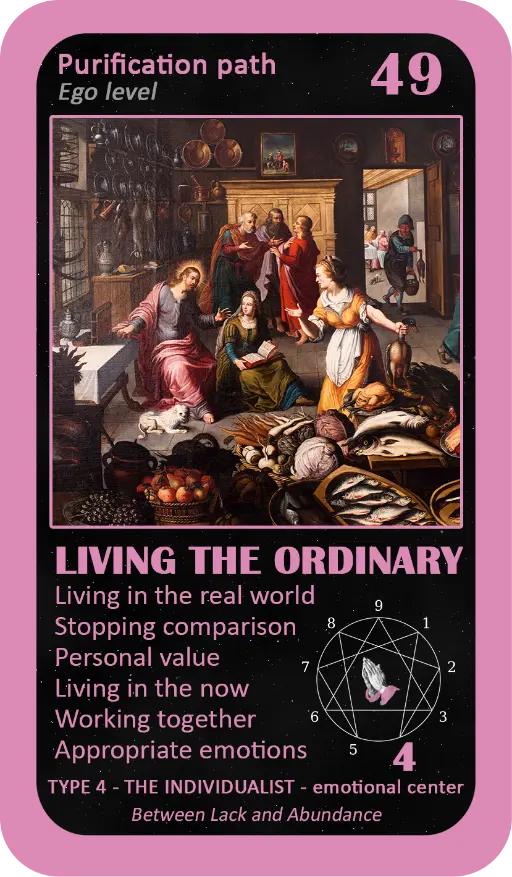
Conflict Tendencies: Prone to dramatizing or feeling misunderstood, making conflict resolution challenging.
Growth Strategy: Prone to dramatizing or feeling misunderstood, making conflict resolution challenging.
Tips for Easing Type 4: Appreciate their unique perspective and sensitivity. Taking the time to understand their feelings can defuse tension.
Type 5: The Investigator – Conflict Around Privacy and Rationality
Type 5s prefer to observe and analyze rather than engage in conflict. However, they may withdraw or become distant when they feel invaded or pressured.
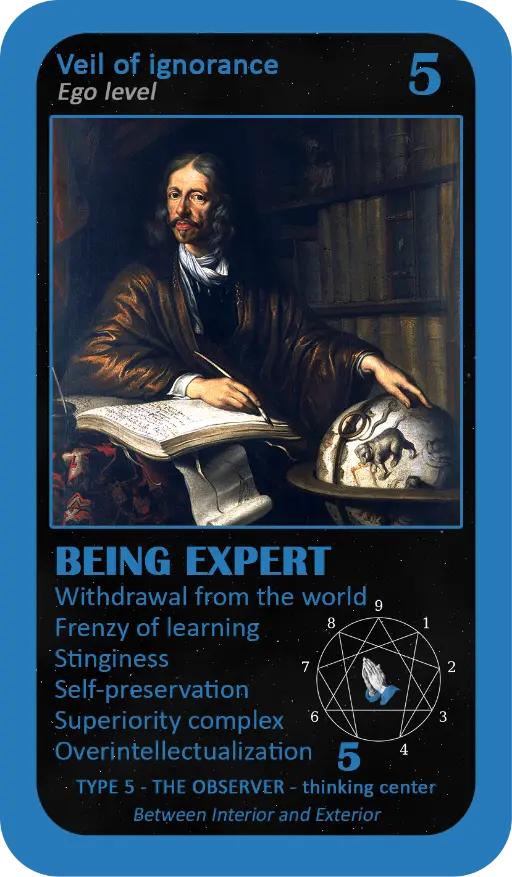

Conflict Tendencies: Isolation to avoid confrontations, which can intensify relational tension.
Growth Strategy: Developing communication skills enables Type 5s to better express their boundaries and proactively handle conflict.
Tips for Easing Type 5: Respect their need for space and allow them time to voice their perspective without pushing.
Type 6: The Loyalist – Conflict Around Security and Trust
Seeking safe and reliable environments, Type 6s may feel anxious in ambiguous or uncertain situations, which can heighten conflict.

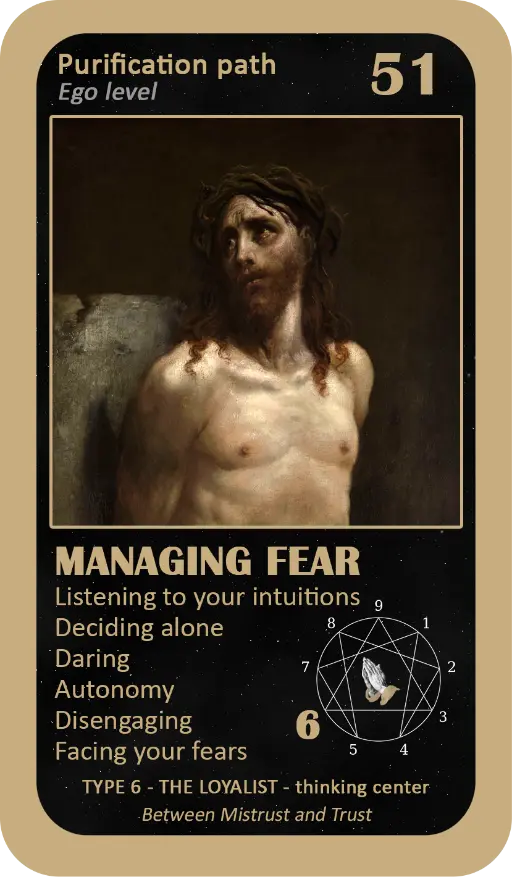
Conflict Tendencies: Suspicion or overanalyzing others’ intentions, fueling tension.
Growth Strategy: Strengthening self-confidence helps Type 6s manage conflict more independently without relying on external validation.
Tips for Easing Type 6: Create a climate of transparency and trust, addressing their concerns with clarity.
The Mystical Enneagram Oracle
Did you like the cards above? They are part of The Mystical Enneagram Oracle.
Would you like to know more about this Oracle? All the info is there!
Type 7: The Enthusiast – Conflict Around Avoidance and Escapism
Type 7s prefer to avoid conflict and seek positive experiences, which can lead them to sidestep or ignore issues.
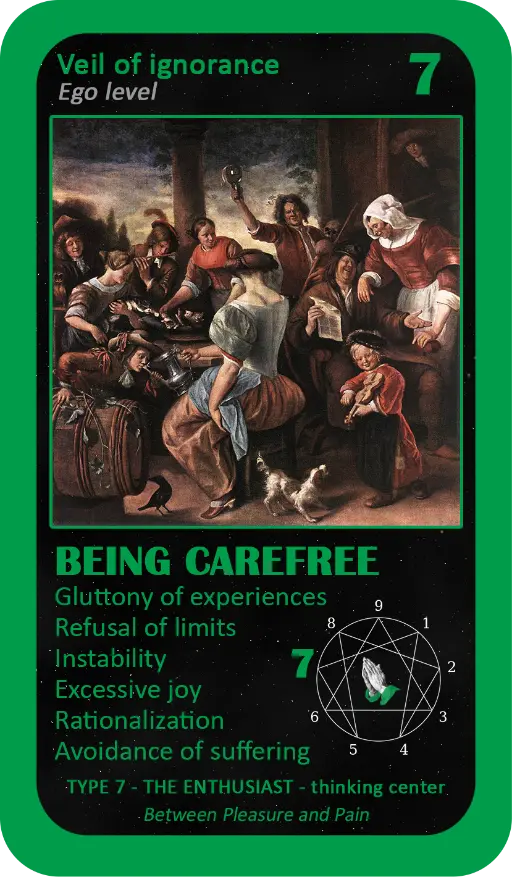
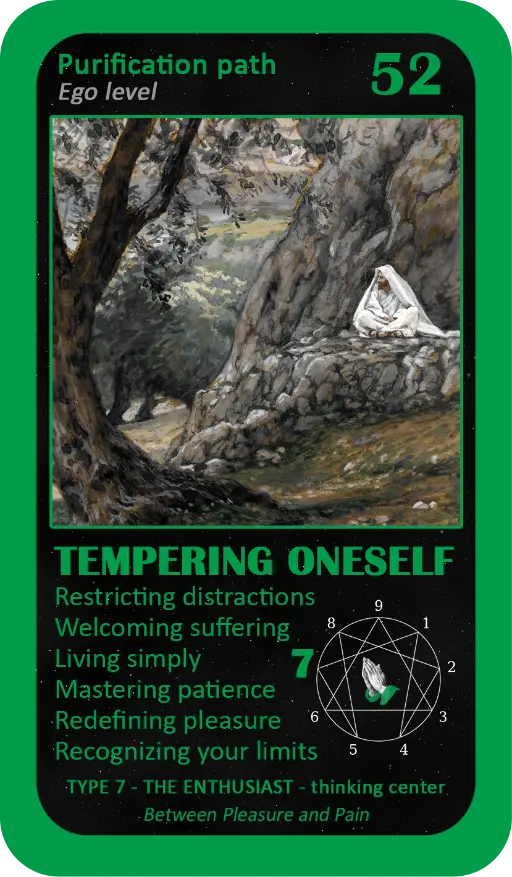
Conflict Tendencies: Tendency to avoid or downplay tension, causing disconnect in relationships
Growth Strategy: Developing the ability to handle negative emotions helps Type 7s approach conflict with greater maturity.
Tips for Easing Type 7: Create a safe space to address issues. Encourage them to face conflict rather than evade it.
Type 8: The Challenger – Conflict Around Control and Dominance
Type 8s are unafraid of conflict and may even seek it out to maintain control and defend what they perceive as right.
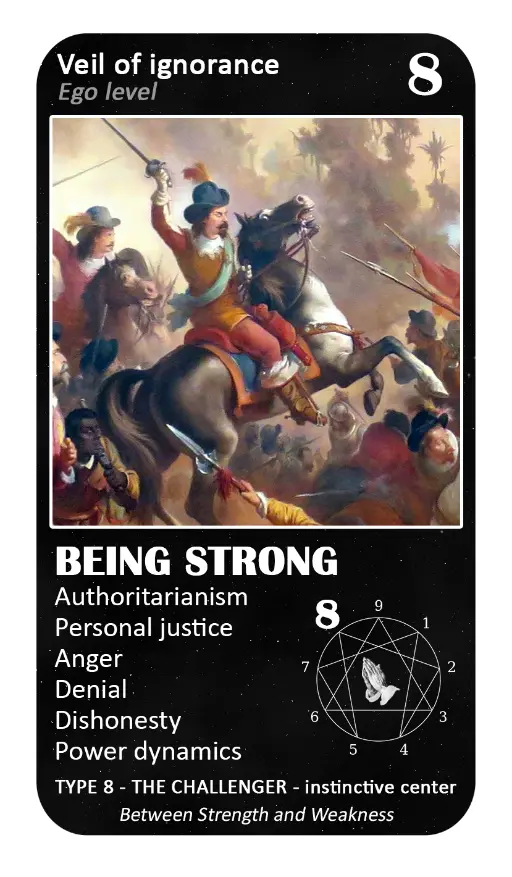
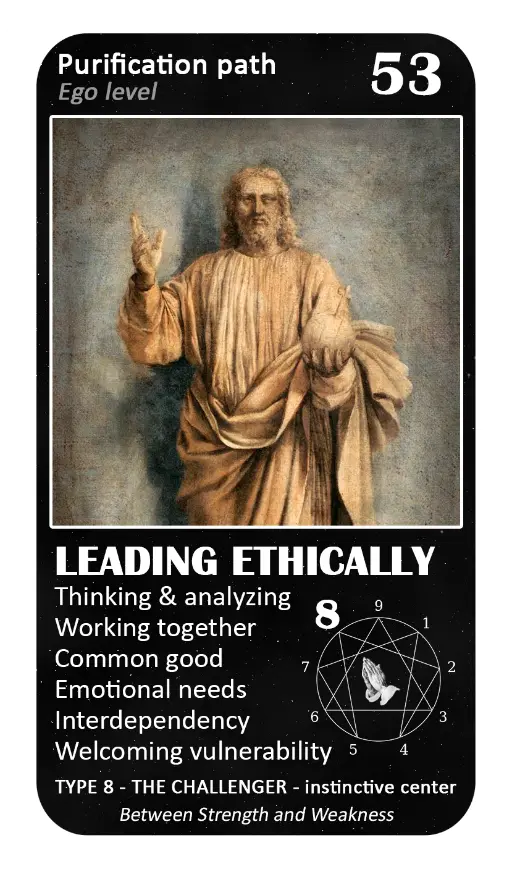
Conflict Tendencies: Strong-willed with a combative attitude, which can heighten tension.
Growth Strategy: By developing active listening, Type 8s learn to soften their impulsive reactions and consider peaceful solutions.
Tips for Easing Type 8: Acknowledge their strength and need for justice. Calmly confronting them while allowing room for expression can be effective.
Type 9: The Peacemaker – Conflict Around Avoidance and Mediation
Seeking harmony, Type 9s avoid conflict at all costs. They may suppress their own needs to maintain peace, but this strategy can lead to frustration over time.
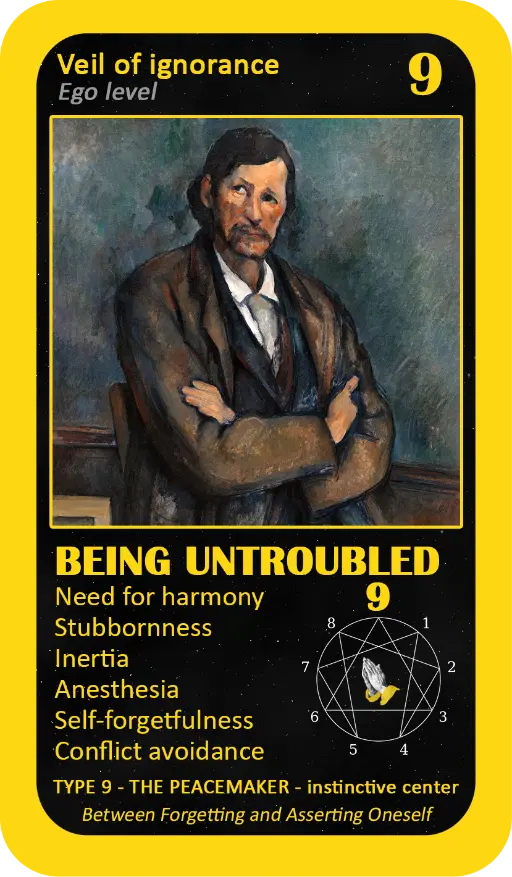
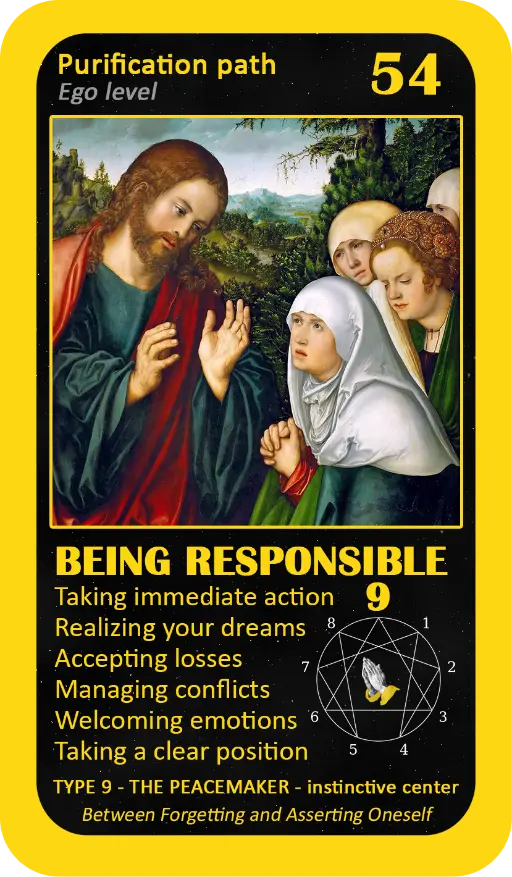
Conflict Tendencies: Tendency to minimize or avoid conflict, sometimes to the detriment of their own needs.
Growth Strategy: Working on assertiveness helps Type 9s express themselves constructively, turning conflict into an opportunity for authentic exchange.
Tips for Easing Type 9: Encourage them to voice their needs and opinions. Helping them understand that conflict can sometimes strengthen relationships.
Conclusion: Using the Enneagram to Transform Conflict into Personal Growth
The Enneagram is a valuable tool for identifying natural reactions to conflict and enhancing our ability to manage tension constructively. By understanding the strengths and weaknesses of each type, we can foster more harmonious and authentic relationships. Whether facing conflict with a colleague, loved one, or even yourself, the Enneagram offers unique perspectives to transform each challenge into an opportunity for growth and personal development.
-----
This article was written using artificial intelligence and has been verified, checked and edited by Elena. Did it help you better understand the Enneagram? Please share your thoughts or ask questions in the comments. If you would like to learn more about the Enneagram, check out Elena’s self-publishedEnneagram Oracles, or download Elena’sfree e-book “Introduction to the Enneagram.”








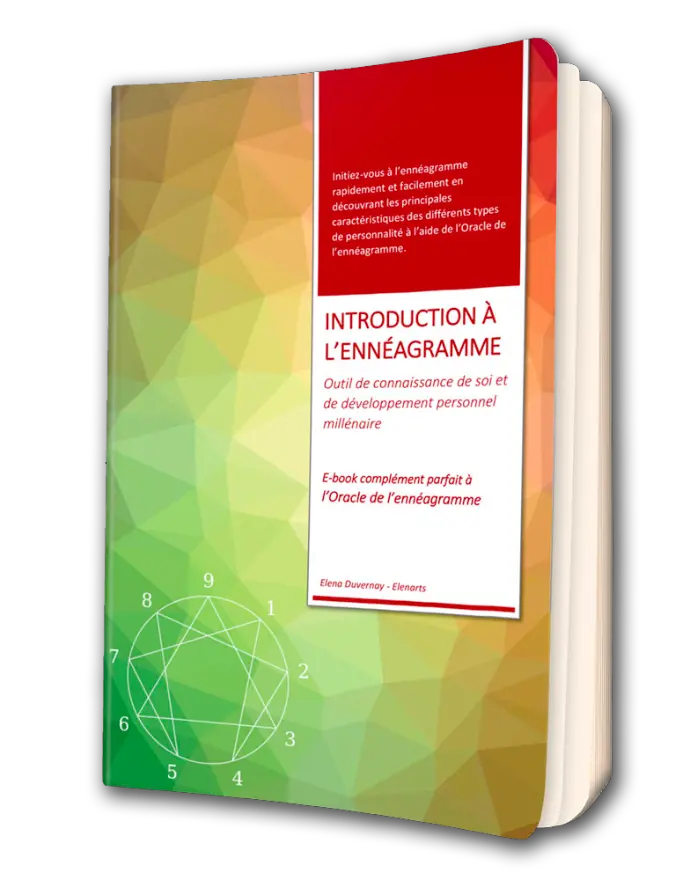
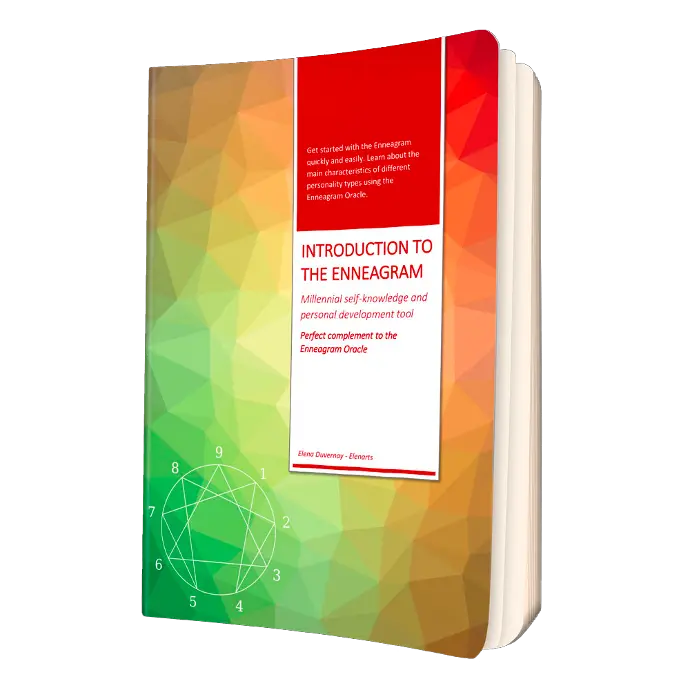

Understanding Conflict Responses by Enneagram Type: Strategies for Better Relationship Management